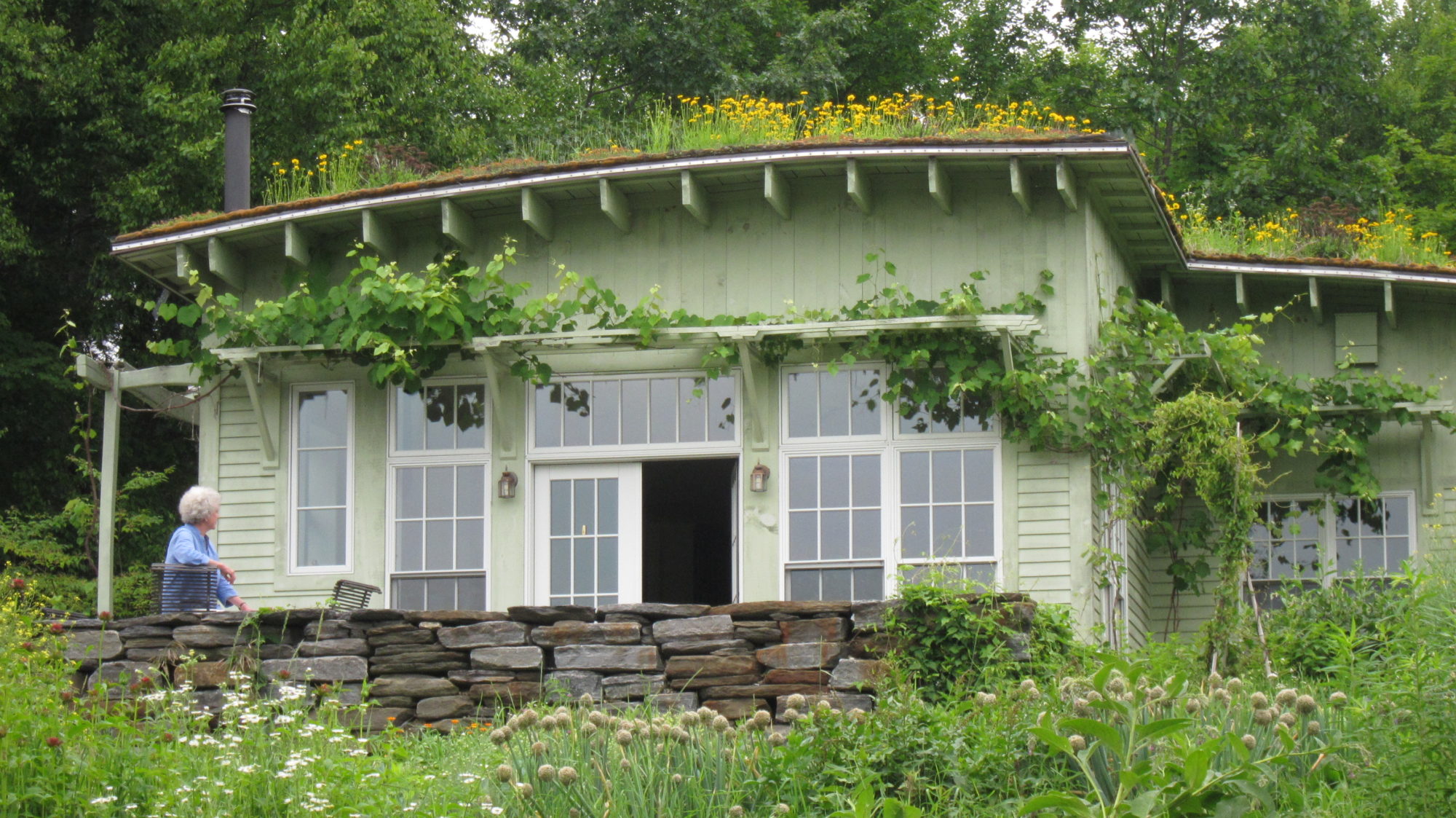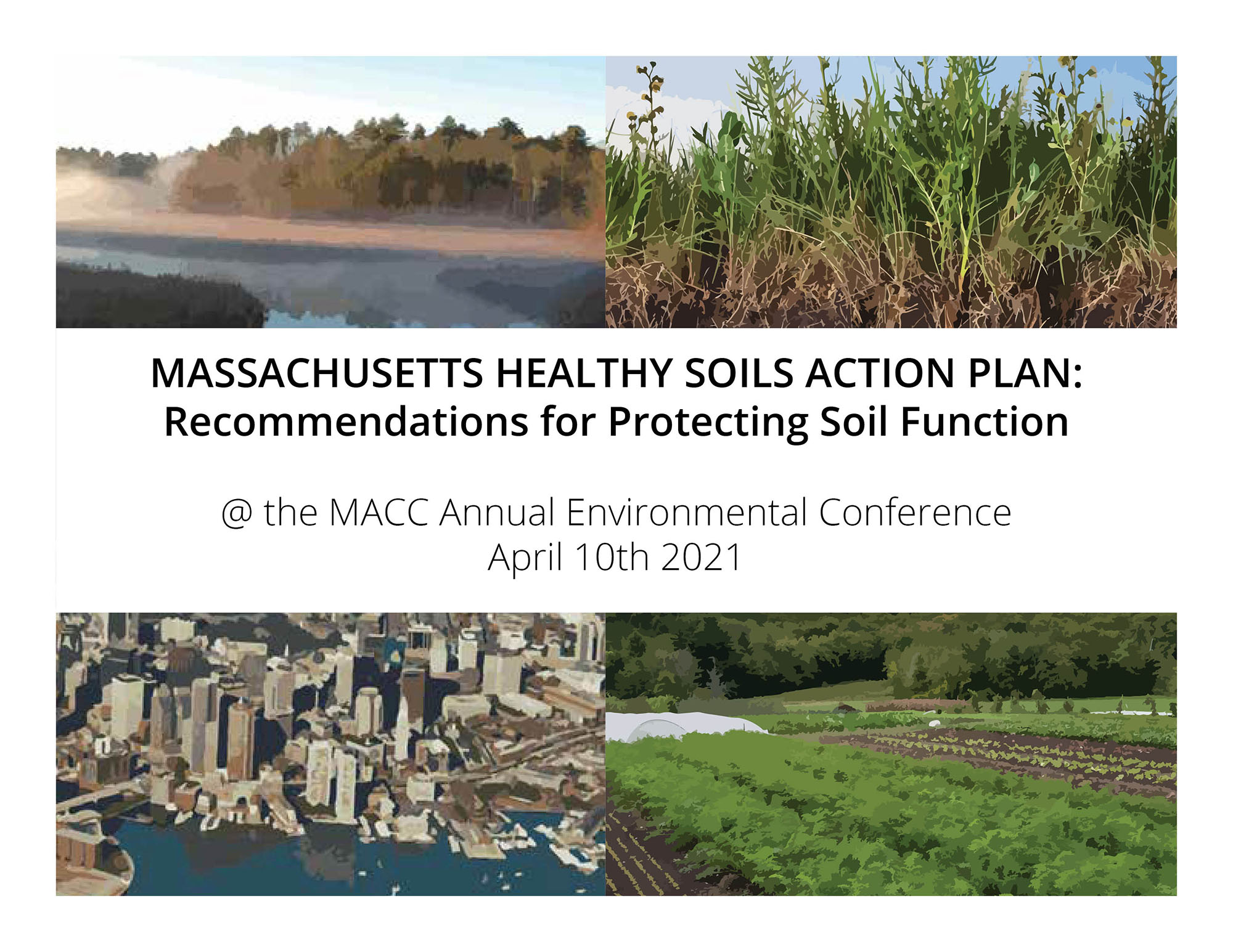
Workshops at WILDSIDE Cottage and Gardens
This summer and fall, Wildside Cottage and Gardens will offer eight intermediate-to-advanced workshops. Each workshop is three hours long and limited to twelve participants. Suggested donation: $10. All workshops take place at Wildside.
Reservations are required. To reserve your place, email suebridge@wildsidegarden.com or call 413-369-4616.
An additional all-day workshop by Jono Neiger will take place on June 9th. Follow link in that workshop’s description to register.
June 3 – Our Endangered Native Pollinators
In recent years there has been an alarming decline in insect populations worldwide. Honey bees (from Europe) have suffered huge die-offs. Tom will share knowledge acquired over decades about New England’s almost 400 varieties of native bees: the five main families, the habitat they need, and the colors, varieties and seasonal plantings that will best support them.
Instructor Tom Sullivan, of Pollinators Welcome, is a much sought-after speaker and consultant. He gives presentations to schools, environmental organizations and businesses throughout the region.
June 9 – How to Assess and Plan Your Sustainable Homestead
In this popular day-long workshop sponsored by NOFA, Jono Neiger will discuss evaluating land, identifying appropriate microclimates for specific plantings, and planning for climate change. Jono sited and designed Wildside’s seven specialized gardens ten years ago, and he and his team have offered invaluable help and advice ever since.
Jono is a senior practitioner of permaculture, a principal of the Regenerative Design Group, and author of The Permaculture Promise (2016).
June 24 – Soil Fertility
The progressive farming community is now looking beyond organic to the even more fundamental question of nutrient density – depending on soil, seed and weather, organic produce has widely varying nutritional value. Emmet Van Driesche walks us through how to get your soil reliably tested, how to read the results, what seasonal and annual amendments your particular soil may need, where to buy amendments, how to measure them and distribute them.
Emmet runs a Christmas tree farm, edits scientific manuscripts, scythes properties and teaches wood carving.
July 29 – Basket Weaving for Beauty and Utility
Mary Lauren Fraser will discuss the kinds of supple, non-branching willow she uses to weave useful and exquisite baskets for home use. The class will inspect Wildside’s small coppice willow grove, clip off slips for home propagation, and in the course of the workshop, each participant will weave a simple basket to take home.
Mary is an expert weaver of willow baskets destined to serve a variety of uses, from home and garden use to pet burial.
July 15 – Scything: A Newly-popular Art
Emmet Van Driesche is a master of the ancient art of scything – a practical and fun way to cut back on using fossil fuels in small farms, garden,s and homesteads. He also makes snaths (handles) from common native saplings found in our forests. He will teach how to create the dance-like rhythm needed to cut back a field, or even, as skills advance, a lawn.
Sept 9 – Food preservation: Lacto-fermentation
Lacto-fermentation, is one of the most creative and healthful ways to preserve food. Assisted by partner Trudy, Luc Bodin makes this mysterious art seem simple, through explanation of the basics of macro-biotic nutrition, demonstrations, and generous samples for all.
Luc, originally from France and a master of many trades, moved from Boston to the Valley 25 years ago. He has studied at the Kushi Institute, and draws on decades of practical experience with lacto-fermentation.
Sept 16 – Seed-Saving and Propagation Tactics
Double session: 9-12 and 1-4. Bring lunch, drinks supplied.
A lively introduction to the vital importance of heirloom seeds, including strategies for growing, saving, storing and propagating rare and common cultivars from the backyard farm or garden. Citizen seed saving promotes growers’ autonomy, preserves (and improves) important varieties, and builds a network of grassroots horticulture that helps sustain us all.
The morning session will cover details of seed saving and preservation, and the afternoon will cover a series of low-tech, “guerrilla” propagation and growing methods, suited to a low-end, permaculture-inspired, growing motif. Danny has knowledge all of us need, to achieve better food security at the home and community level, the better to prepare ourselves for our uncertain future.
Instructor Danny Botkin, proprietor of Laughing Dog Farm, is a passionate teacher, grower, goat herder and cook.
Sept 23 – Food preservation: Drying and Root-Cellaring (presenter TBD)
Of the many additional ways to preserve and enjoy nutrient-dense summertime harvests through the barren winter months and into the spring, drying and root-cellaring harken back tens of thousands of years. Even in soggy New England, these methods they are among the simplest and easiest ways to preserve our food, provided we know the essentials.
October 7 – Respectful Tool Maintenance
An end-of-season favorite, Jerry Axelson instructs home gardeners, small farmers and fellow wood-workers on how best to clean and sharpen tools, introducing a variety of files and filing techniques and advice on cleaning and oiling. Bring tools of your own, and under Jerry’s watchful eye, what tender loving care your tools want.
A builder and carpenter by trade, Jerry has lived in the Valley for 40-odd years. Now retired, he makes high-end, one-of-a-kind furniture using local woods — and he knows the value of a sharp tool!



This Post Has 0 Comments